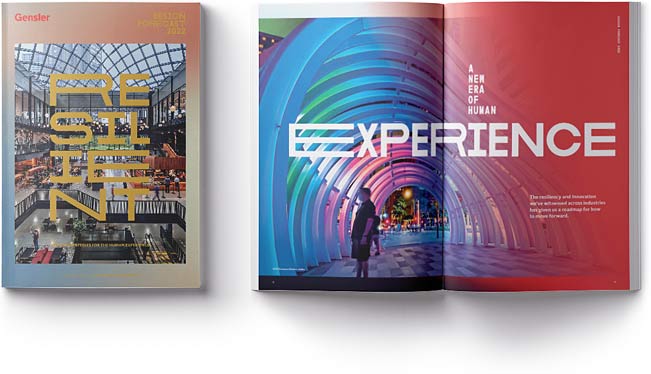CONSULTING &
REAL ESTATE SERVICES
In the coming years, organizations will operate with a deeper understanding of how the world’s challenges, such as climate change, global health, and social inequality intersect with one another, and how they impact real estate. By helping organizations understand these intersections, we can unlock the potential for real estate decisions to meaningfully respond to change both within and across cultures.
Hybrid Dystopia, Singapore
01
The need for empathy in the workplace will remain front and center.
Many diversity, equity, and inclusion (DEI) initiatives are still in their infancy. Over time, these taskforces and roles will formalize, taking on more permanent institutional functions. Understandings of inclusivity will expand beyond race to encompass more nuanced attitudes around gender, cultural background, neurodiversity, and the benefits of an intergenerational workforce.
02
Matching mission to action will enable organizations to stand out.
How should companies align social justice, public health, and environmental demands with economic objectives? For many companies, living up to their socially conscious missions will mean investing in spaces that can have a positive local impact, such as walkable areas, outdoor recreation places, and other public features that build community.
03
The Great Resignation will keep reframing conversations around talent.
The 2021 labor shortage and Great Resignation will continue to push organizations to rethink their fundamental understandings of talent. An emerging focal point is psychological well-being. Workplace real estate will become more flexible and responsive to work-life balance, burnout, and mental health. Designs that address these things will shift in priority from “nice to have” to “must have.”
04
Pilot spaces will grow in value in an evermore hybrid landscape.
The future will not be static. In the years to come, we’ll see more hybrid-distributed workplaces that allow workers to live in more affordable towns and cities. Optimizing company culture in this new hybrid reality will be a decades-long challenge that will constantly evolve with the emergence of new communications tools. Within this context, the importance of experimentation will increase, as will the relevance of pilot spaces.
05
New work patterns are driving tenants to look beyond their traditional building preferences.
In this new environment, tenants will gravitate toward the properties that best solve for flexibility, adaptability, and well-being. In response, building owners and developers should explore new real estate design strategies that can differentiate them from the competition and adapt to this new marketplace.
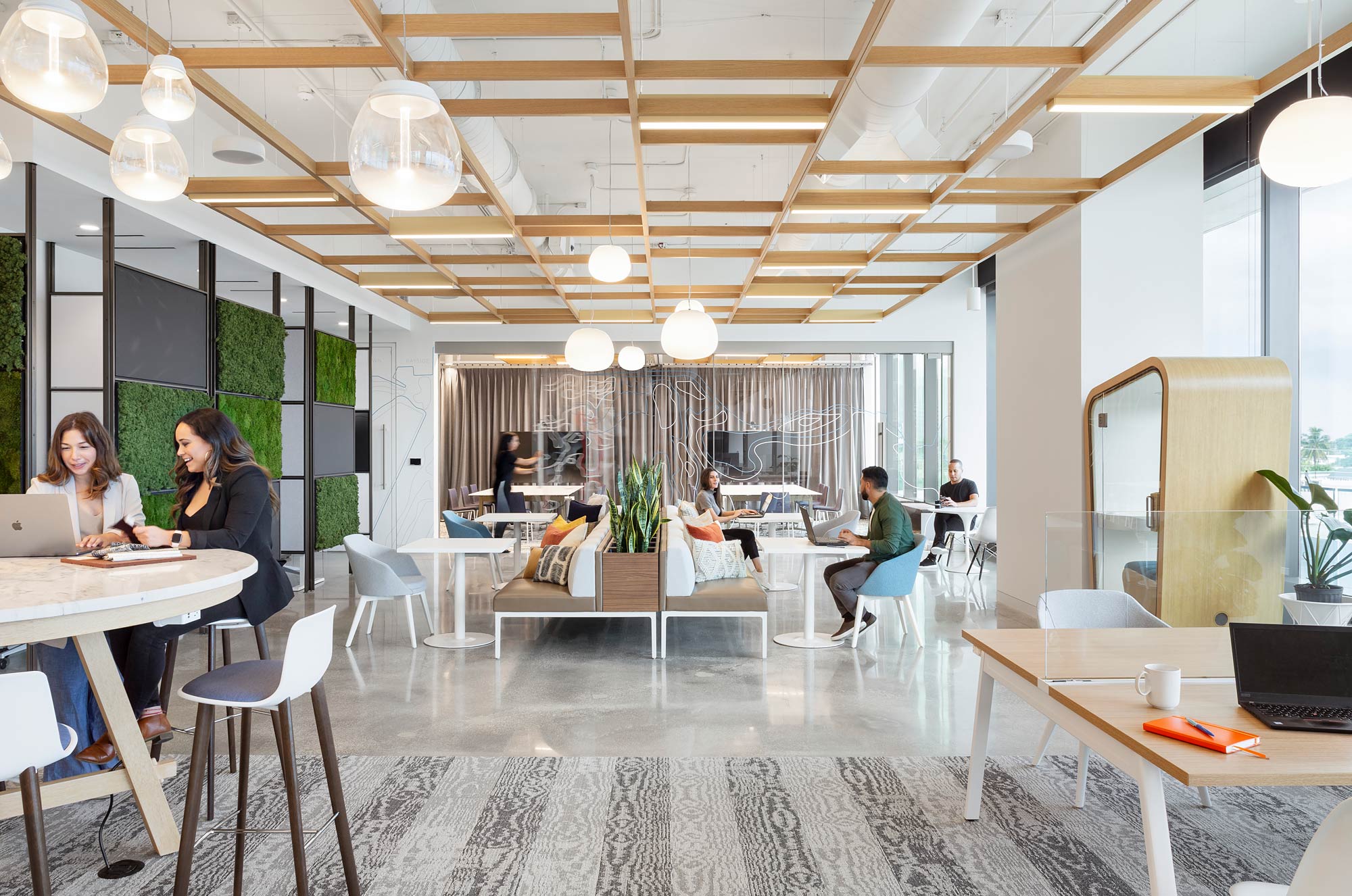
Gensler Miami’s new office eschews traditional workplace planning methods to create an inclusive hybrid work environment and a living lab for our clients. The office worked with Gensler’s consulting team to make the hybrid work experience even more seamless.
“It is important to emphasize that workplace strategy is never a one-size-fits-all solution. A cultural norm may work in one place but not another, especially depending on how leadership shows the way and normalizes the change.”
—“Three International Lessons for U.S. Workplace Well-being,” Dialogue blog
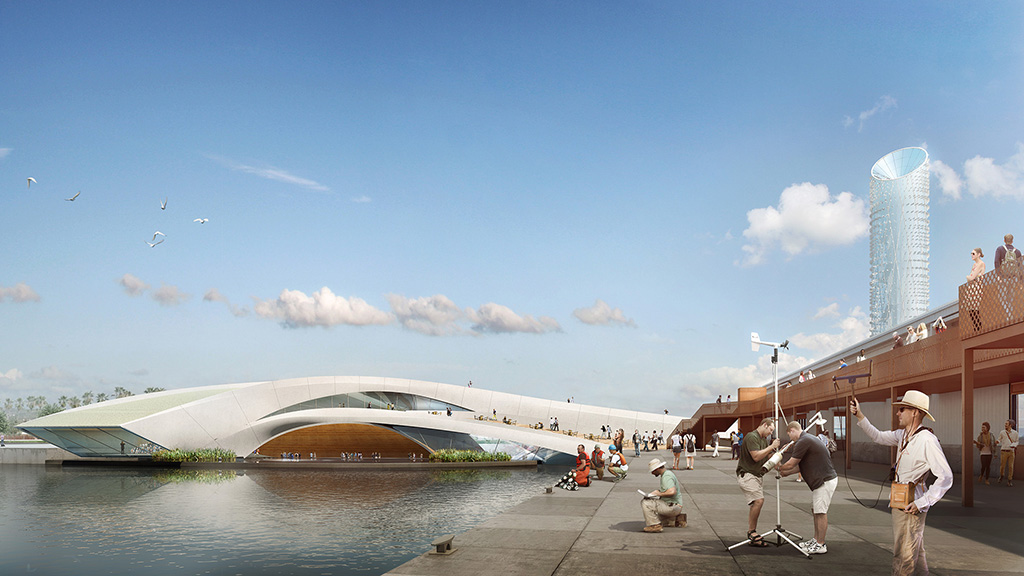
Laying the Groundwork for Climate Preparedness
Gensler’s Resilience Preparedness Framework develops concrete actions that designers can take to address climate shifts.
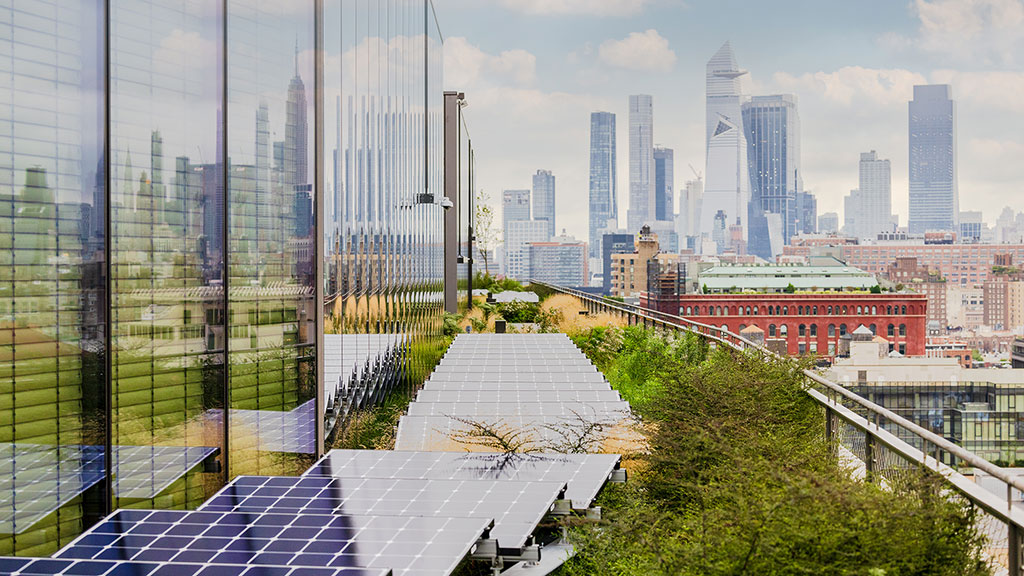
4 Powerful Approaches for Putting Climate Goals to Action
We’ve identified four approaches that put organizations on a credible path to achieving climate goals.
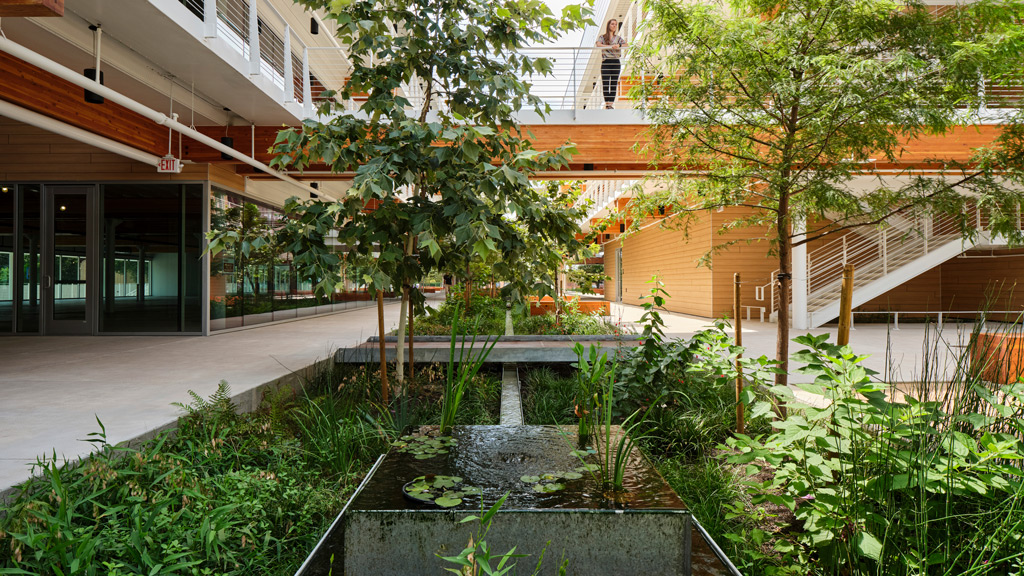
Rethink, Redirect, and Rewild: Nature-Based Design Solutions for Carbon Sequestration
By utilizing nature-based design solutions to rethink carbon sequestration in our work, we have an opportunity to make a positive impact on our net zero goals.
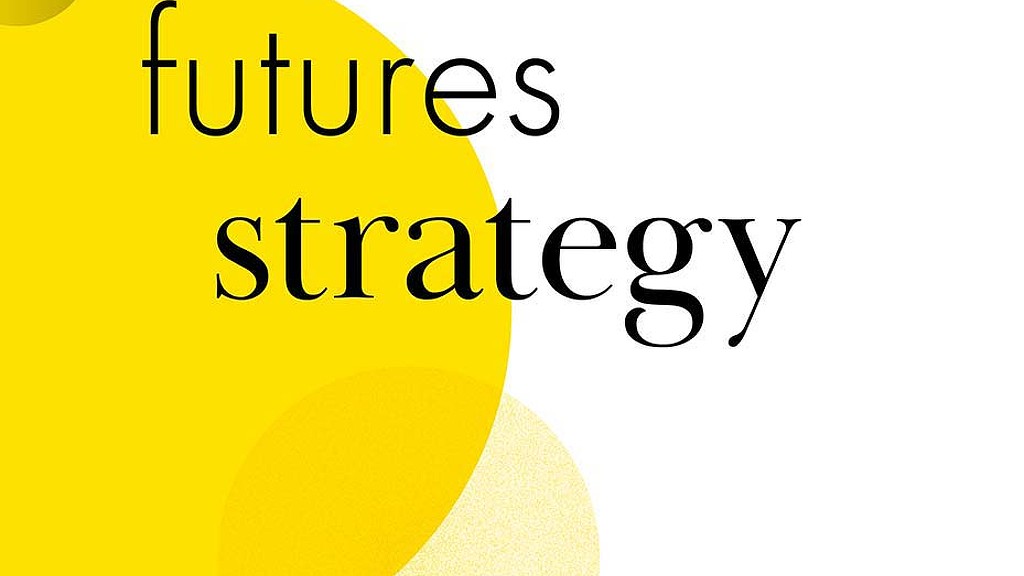
Futures
Gensler’s futures strategy is about projecting a vision of the future that we want live in by co-creating an inclusive process that represents diverse voices.
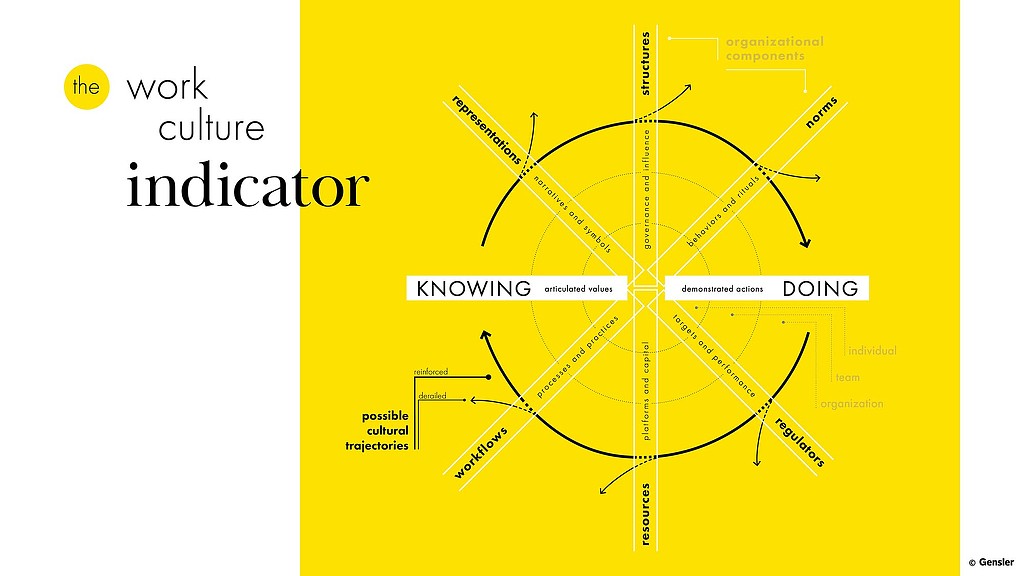
Culture Strategy
Gensler’s culture strategy leverages the best facets of the design process, behavioral psychology, and development to transform an organization’s culture.
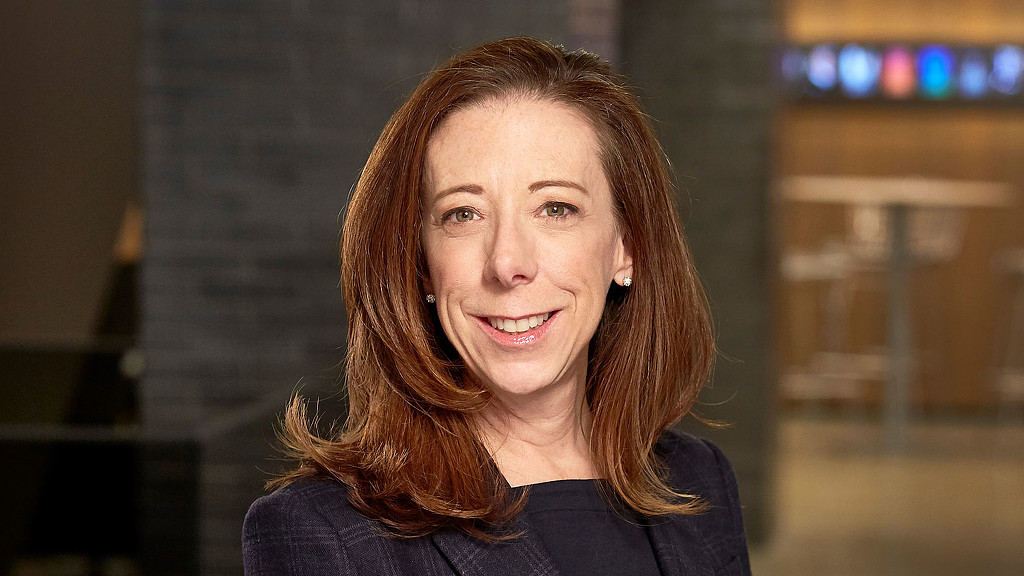
Claudine Frasch
Strategy Leader, Studio Director, Principal
As a global leader of Gensler’s Strategy practice, Claudine Frasch partners with clients to build strategies for organizational innovation, employee experience.

Nayan Parekh
Work Sector Leader, Principal
As a global leader of Gensler’s Work Sector, Nayan Parekh partners with clients on their future of work and has successfully implemented workplace strategy and change management projects across Asia, the U.K., and Europe.
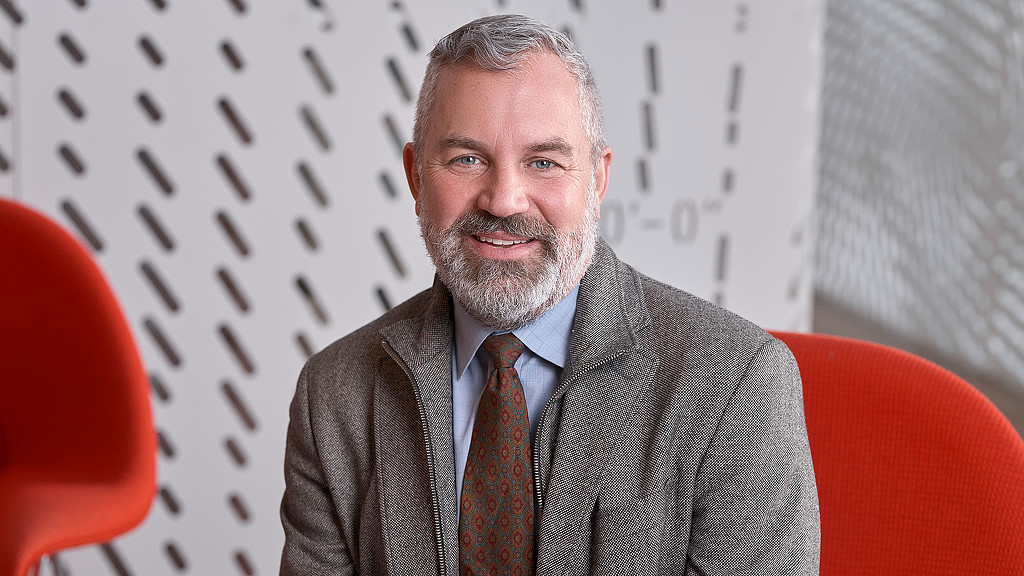
Kevin Rosenstein
Strategy Leader, Studio Director, Principal
A global leader of Gensler’s Strategy practice, Kevin Rosenstein brings 25 years of diverse experience with specific expertise in organizational development, change management, and training.
